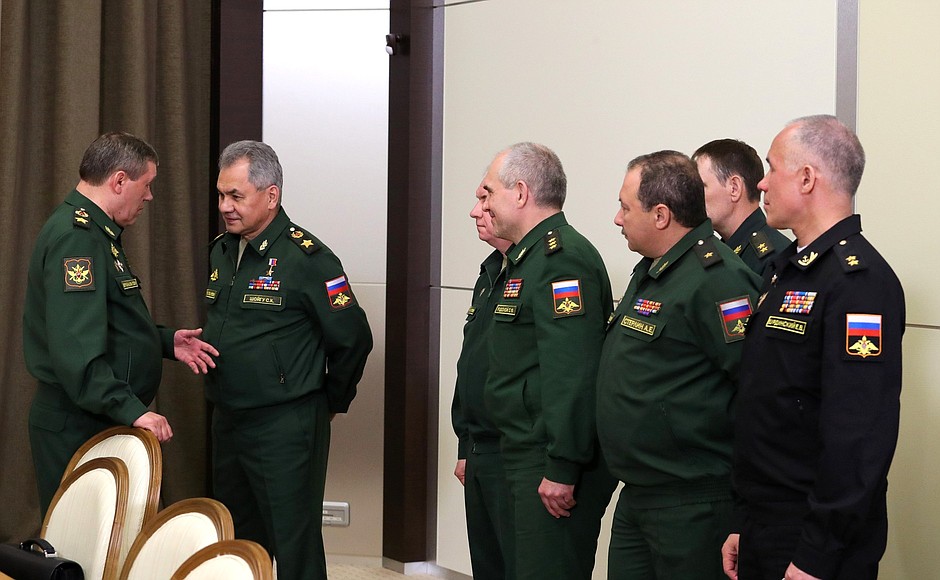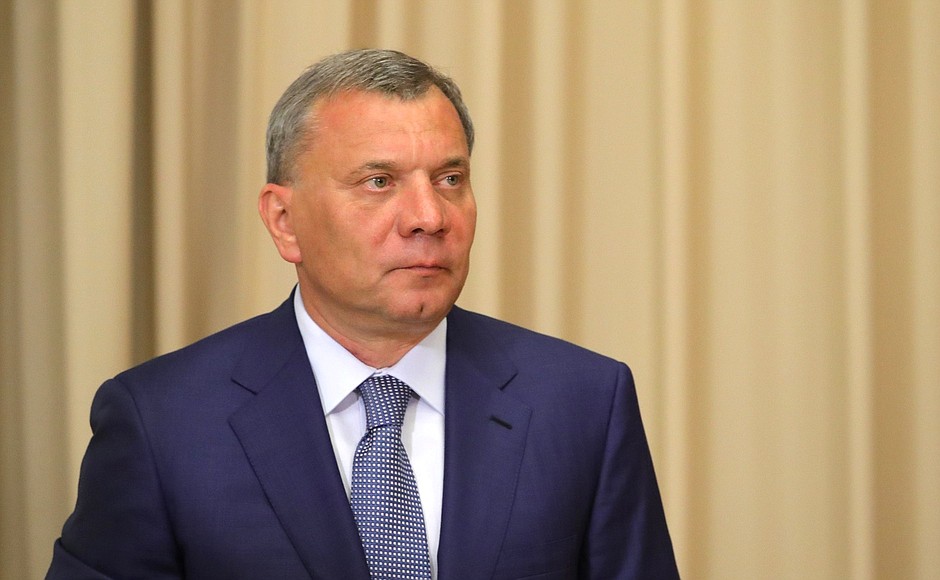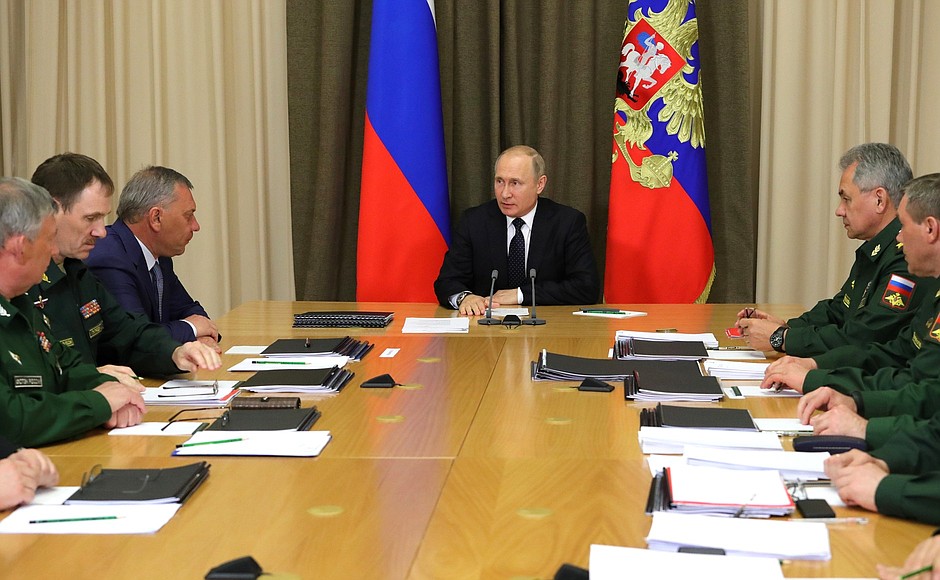President of Russia Vladimir Putin: Good evening, colleagues.
I would like to begin by congratulating Yury Borisov on his appointment as Deputy Prime Minister in the Russian Government. I hope he will employ all his experience and knowledge gained through many years of work in this field, to help move forward all our plans and ensure that they are carried out.
This is the last in the current series of meetings on the development of the Armed Forces. Today we are going to discuss issues related to the design and manufacture of promising weapons and equipment based on breakthrough technologies, including the ones I spoke about in my Address to the Federal Assembly on March 1 of this year.
I would like to once again thank our colleagues – researchers, designers, engineers, workers. The unparalleled types of weaponry and equipment, created by their hard work and talent, are years and even decades ahead of their foreign analogues, and have rendered many high-cost – very high-cost, to be frank – foreign systems ineffective and even obsolete.
Research and design successes in defence technology have exceptional significance for us. They ensure the military security of the country and, critically, create a powerful development potential in the non-military field, new solutions for energy generation, industry, infrastructure, for boosting Russia’s competitiveness in science, training a modern workforce, creating the advanced productive capacities of the future, and the digital economy.
Again, it is crucial for us to support innovation “cross flows” between civilian and defence sectors of the economy, all the more so because the trends in technological development largely overlap, are largely the same.
Thus, today we are witnessing a focus on the introduction of artificial intelligence and robotics in the military sphere and elsewhere. Our specialists should give priority attention to these areas.
Meanwhile, while designing and launching the production of new generations of equipment, it is important to preserve the traditional advantages of Russian weaponry, by which I mean its reliability, effectiveness and ease of use.
I should note that a number of cutting-edge designs are already in production and reaching the army. For example, the Kinzhal high-precision hypersonic air-launched missile system, which was presented at the May 9 Parade, and the newest laser systems. They are already in trial-mode service in the Southern Military District, active practice is underway to master their use in combat situations.
Some other promising systems are being tested that will join our strategic forces in the very near future. I am referring primarily to the Sarmat system that will be delivered to the army in 2020, and the Avangard system that the army should have in 2019, with other systems following the previously approved schedule. Please report in detail on the work being done and the results of using the latest systems.
We will also discuss the prospects for our leading defence industry enterprises’ use of innovative technologies to design advanced weaponry and equipment.
<…>


